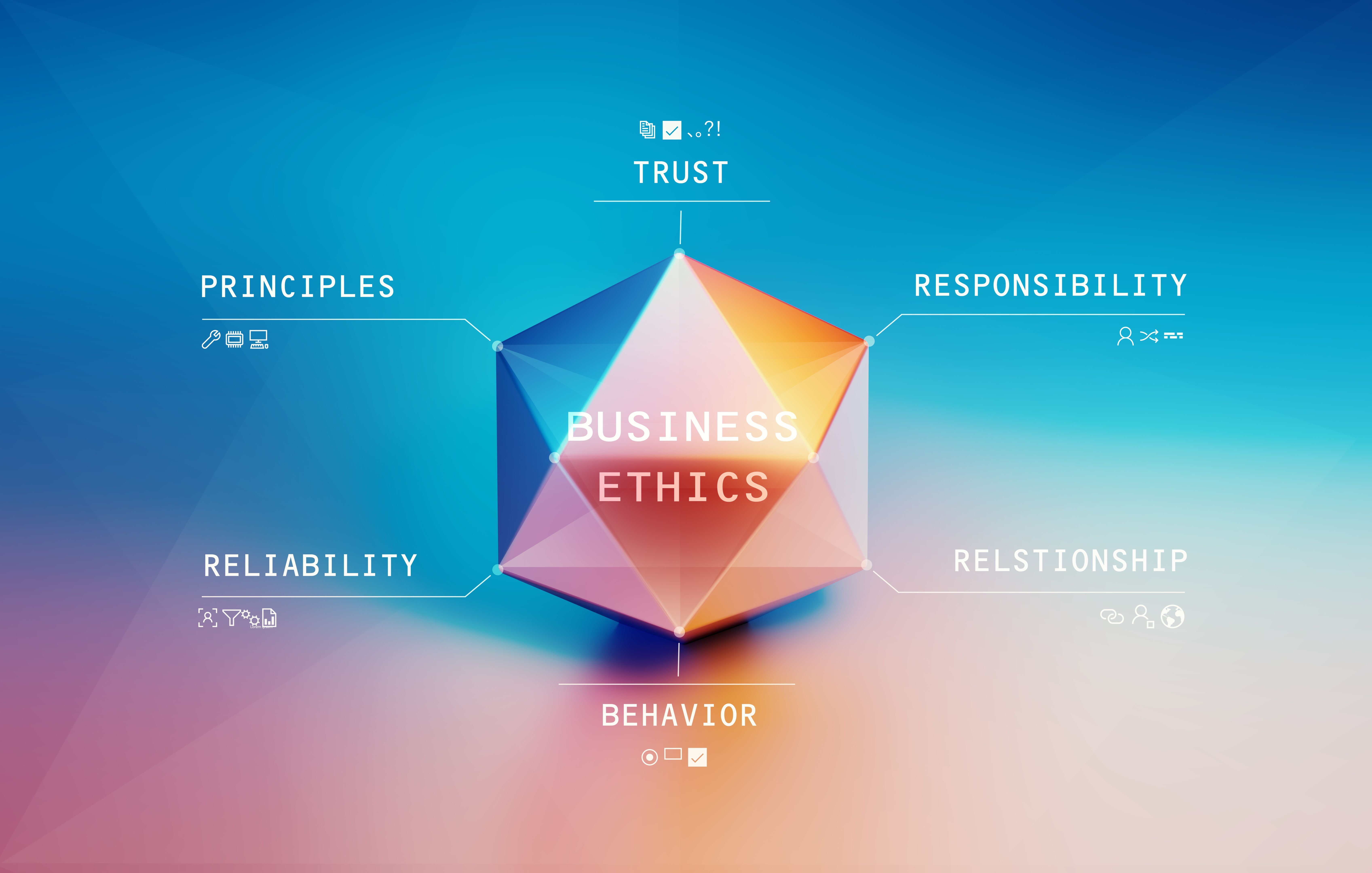Ethical Marketing: Winning the Trust of Conscious Consumers in Modern Times
Understanding Ethical Marketing
In today's socially conscious world, ethical marketing has become more important than ever. As consumers grow increasingly aware of the impact their purchases have on the world, they seek brands that align with their values. Ethical marketing involves promoting products and services in ways that are honest, transparent, and respectful to consumers and society as a whole.

The shift towards ethical marketing is driven by a growing demand for corporate responsibility. Consumers want companies to not only provide quality products but also to demonstrate a commitment to ethical practices. This includes everything from sourcing materials sustainably to treating workers fairly and engaging in honest advertising.
Building Trust with Transparency
Trust is the cornerstone of any strong relationship, including the one between a brand and its consumers. Transparent marketing practices are essential for building this trust. By being open about their processes, sourcing, and business practices, companies can create a sense of authenticity that resonates with conscious consumers.
Transparency doesn't just mean sharing the good; it also involves owning up to mistakes and being proactive in addressing them. Brands that are upfront about their challenges and committed to improvement are often seen as more trustworthy by consumers.

The Role of Authentic Storytelling
Storytelling has long been a powerful tool in marketing, but in the realm of ethical marketing, it takes on an even more significant role. Authentic storytelling allows brands to connect with consumers on a deeper level by sharing the journey behind their products and the values they stand for.
Through storytelling, companies can showcase their commitment to ethical practices, highlight the positive impact they have on communities, and inspire consumers to become part of their mission. This approach not only boosts brand loyalty but also fosters a sense of community around shared values.
Engaging the Conscious Consumer
Engaging conscious consumers requires more than just ethical claims; it demands an integrated approach that encompasses all facets of business operations. From customer service to product development, every aspect should reflect the brand's ethical standards.

Moreover, engaging conscious consumers involves listening to their feedback and adapting accordingly. By actively involving customers in the conversation and valuing their input, brands can create a more personalized experience that strengthens consumer relationships.
Benefits of Ethical Marketing
Ethical marketing offers numerous benefits beyond building trust. It can lead to increased customer loyalty, as consumers are more likely to support brands whose values align with their own. Additionally, ethical practices can differentiate a brand in a crowded market, providing a competitive advantage.
- Brand Loyalty: Ethical marketing fosters loyalty among consumers who prioritize values over price.
- Reputation Building: Companies known for their ethical practices often enjoy a stronger reputation and greater respect.
- Sustainable Growth: By prioritizing sustainable practices, brands can ensure long-term growth and success.
Conclusion: The Future of Marketing
As we look to the future, it's clear that ethical marketing will continue to play a crucial role in shaping consumer behavior. Brands that embrace transparency, authenticity, and engagement will not only win the trust of conscious consumers but also contribute positively to society.
The trend towards ethical marketing is not just a passing fad but a fundamental shift in how businesses operate. By prioritizing ethical practices, companies can build lasting relationships with their customers and create a more sustainable future for all.